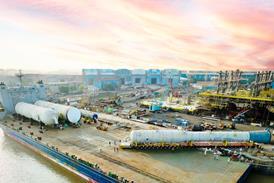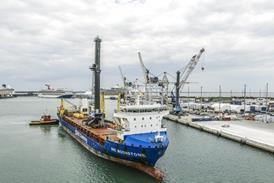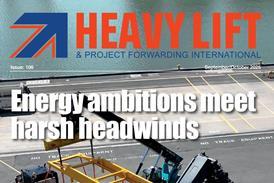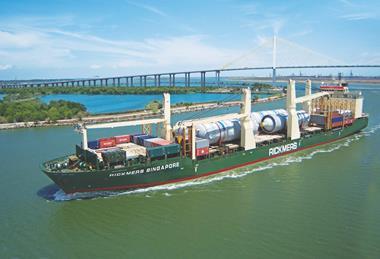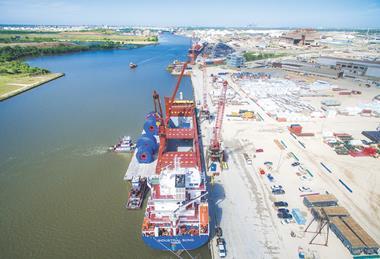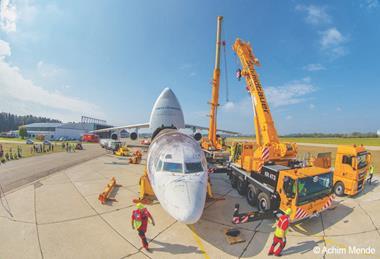10th anniversary edition
In early 2018, Heavy Lift & Project Forwarding International (HLPFI) produced a special publication in celebration of the magazine's 10th anniversary.
The publication draws upon editorial published across the previous 59 issues of HLPFI, and incorporates interviews and submissions from significant industry figures, to provide a useful snapshot of what has been fascinating decade in the world of project logistics.
Charting some of the sector’s major business developments, the publication details notable mergers, acquisitions, bankruptcies, appointments, innovations and other key events.
It includes articles on the changing relationship between shippers and forwarders; the development of the multipurpose and heavy list shipping sector; the rise of modularisation and new equipment innovations; rapid changes surrounding insurance and compliance; changes in the heavy lift airfreight arena; a review of the vibrant project forwarder network community; and standout project moves.
On the ocean: Financial meltdown
“Back in 2007 business was good in project cargo,” said Martin Lanting, founder of diversified brokerage 24Vision, based in Rotterdam. “Everything was at record levels, and the offshore energy business was at big numbers. Oil was creeping up to USD100 a barrel and everyone was very excited. Until October 2008. After the demise of Lehman Brothers and the financial crisis, everything dropped dramatically, almost overnight.”
Read storyOn the ocean: Climbing out of the Crisis
Common themes were apparent when industry chiefs were asked to identify the most disruptive events to affect the heavy lift and multipurpose shipping sector since 2007.
On the ocean: Project cargo gateways
The advent of containerisation revolutionised the role of the port in the logistics supply chain. Breakbulk gateways saw their traditional cargo base eroded as the mantra ‘that anything that can go in a container, will do so’ continued to ring true.
On the ocean: Red Box weathers the storm
One company that has been weathering the storm in the shipping sector is ZPMC-Red Box energy services, which founder Philip Adkins attributes to the company’s commitment to changing the business model under which logistics contracts that underpin major energy infrastructure projects are won.
- Previous
- Next

